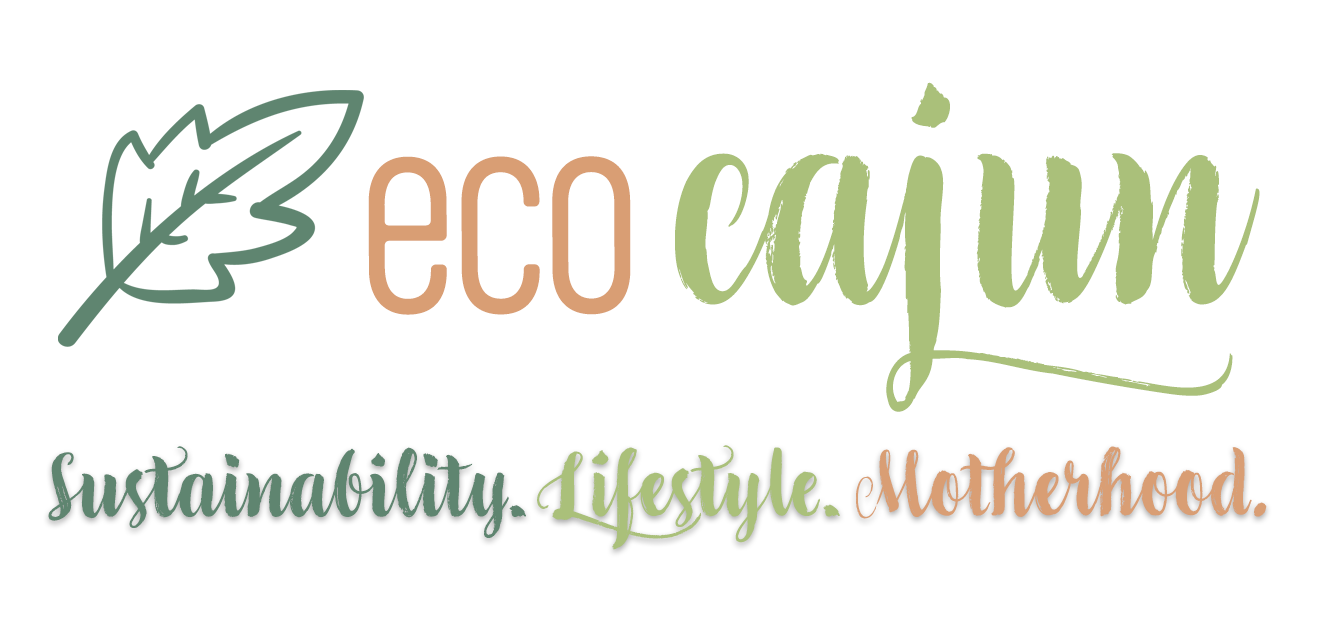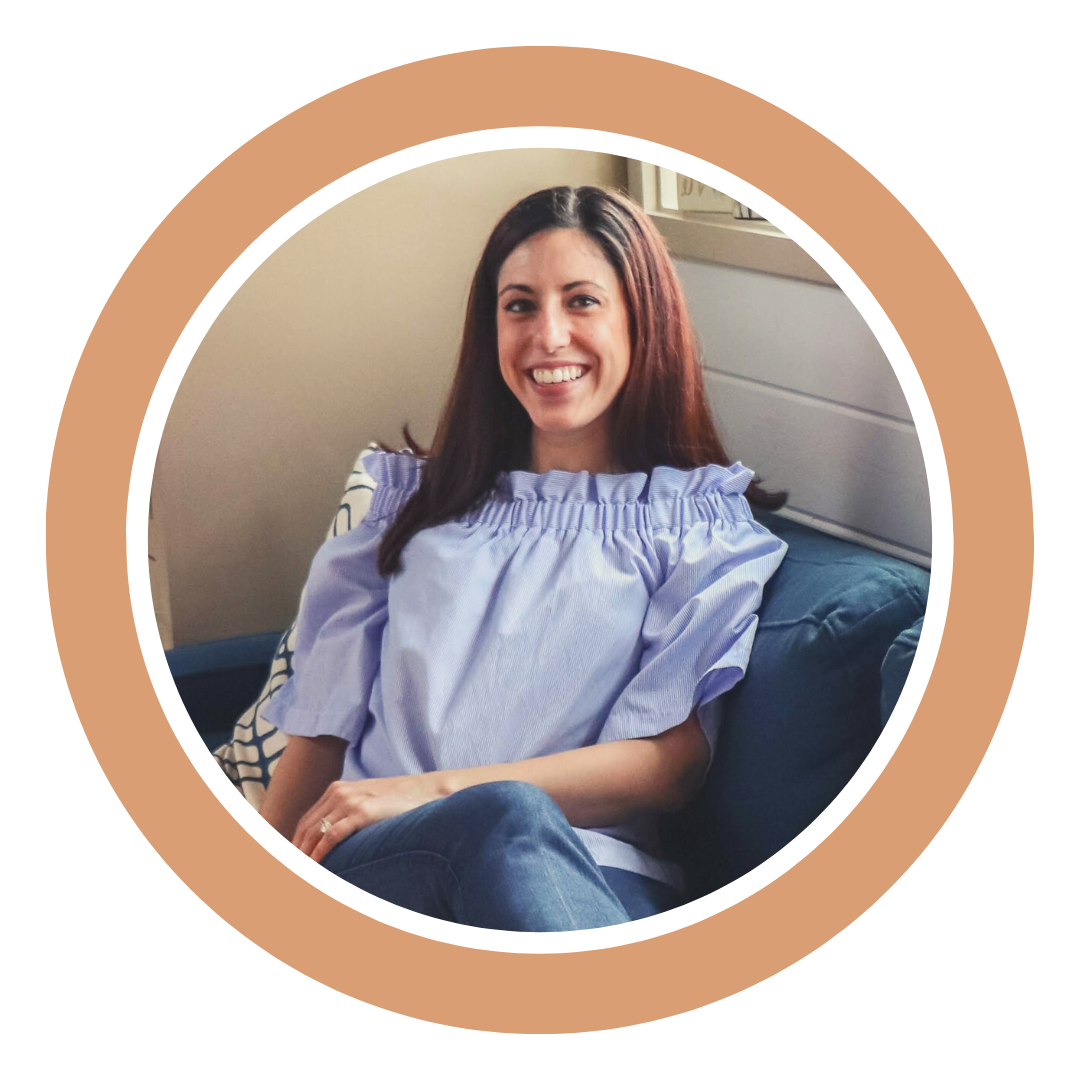Just because you throw it away, doesn't mean it just goes away. After all, where is away? There is no away.
The documentary Bag It touches on many great points highlighting the need to reduce our dependence on disposable, single-use plastic. From bags to containers to excessive packaging.
I'm sure you're thinking, "Caitlin, did you REALLY watch an hour-long documentary on plastic bags?" Yes, yes I did. And I took notes. #ForeverANerd
Although the length of time I had this movie in from Netflix before I watched it might tell you otherwise, this was a pretty interesting documentary on our dependence on plastics, specifically plastic bags.
Did you know that plastic bags started being used in 1977, and as of 2010 (the year this documentary was released), our country was going through one million bags every minute? Worldwide, we were going through 100 billion bags a year.
Since then, plastic bag bans have popped up in cities throughout the United States, but we are still far behind other countries, where there's a widespread ban on the bags.
How bad is our obsession with single-use plastic?
We package plastic...in plastic.
Thinking of my own experiences, disposable coffee cups are some of the worst offenders of this. An office receives a box of 1,000 styrofoam cups. Those cups are stacked, sealed in a plastic tube bag, and packed in a cardboard box. Styrofoam in plastic in cardboard. It's like Russian nesting dolls of disposable items. Shipped on a truck or an airplane so someone can drink one cup of coffee and throw the cup away. And only the cardboard can be recycled.
One woman reasons:
It's really about not being quite selfish for the moment, but thinking about the next generations to come.
She hit on one of my main sentiments for caring so much. Our planet is not just for us, it's for everyone who comes after us too. We are only here for a short time, but in that process, we are trashing the planet and taking valuable resources away from future generations.
You're gonna make something to use for a few minutes, out of something that's going to last forever, and you're just going to throw it away. What's up with that?
The documentary discusses how plastic does not actually go away (like styrofoam). It may look like it's going away, but instead of biodegrading, it photodegrades. For example, the sun will photodegrade a plastic bag floating in the ocean, breaking it down into smaller and smaller pieces, that remain in the ocean. For animals to eat and get sick from.
I didn't want to see a turtle carcass with litter all up in its stomach, but I saw it. It's unsettling
The subject of BPA and pthalates is targeted as well. Plastic is enough on its own, but plastic with chemicals that can leach into foods and drinks is really unnecessary. Aluminum cans can be lined with BPA-filled plastic. Even baby bottles had BPA. At least some stores have banned BPA in baby products.
What about alternatives? When San Francisco banned plastic bags, they offered paper bags as an alternative, and many raised a stink that paper bags are just as destructive to the environment as plastic. SF Department of the Environment Director (and now EPA Region 9 Administrator) Jared Blumenfeld notes that the bags are made of 100% recycled paper AND they are recycled 10 times more than plastic bags. Their impact is in fact, much lower.
Documentary host Jeb Berrier sprinkled bits of humor throughout the documentary, and one of my favorite moments was his grocery trip with no reusable bags. He passed on paying 10 cents per bag, instead "going commando" carrying his groceries.
Reducing your dependence on plastic is a continual focus point on Eco Cajun, and Bag It reiterates the simplest ways:
- Bring your own (bag, water bottle, bulk containers)
- Reduce single-use (don't buy something packaged for single-use, buy used goods)
- Don't drink bottled water
Live more like how our grandparents lived.
Stream Bag It | Amazon | iTunes








No comments